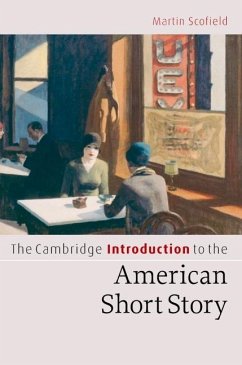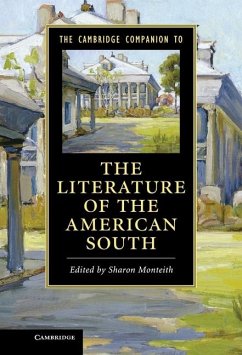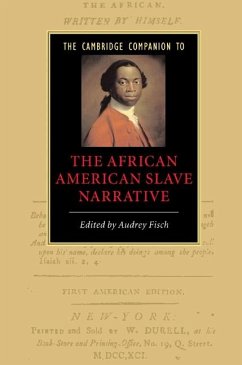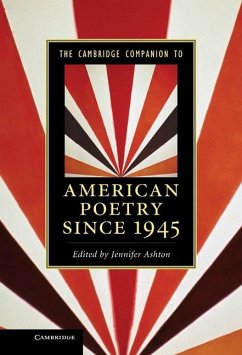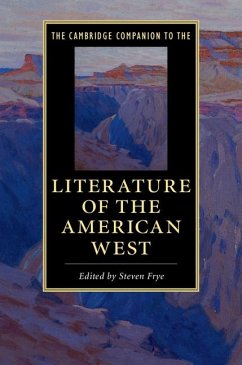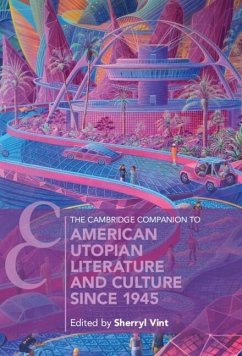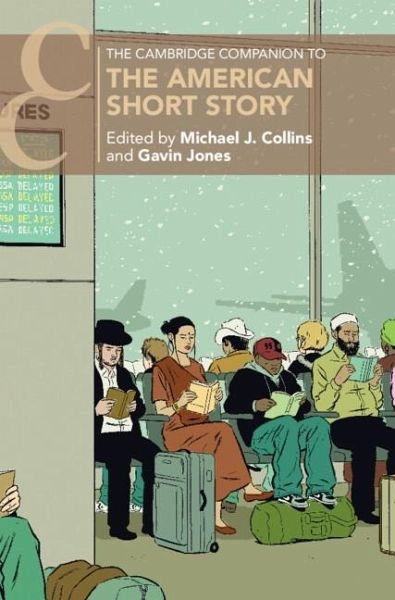
Cambridge Companion to the American Short Story (eBook, ePUB)

PAYBACK Punkte
11 °P sammeln!
This Companion offers students and scholars a comprehensive introduction to the development and the diversity of the American short story as a literary form from its origins in the eighteenth century to the present day. Rather than define what the short story is as a genre, or defend its importance in comparison with the novel, this Companion seeks to understand what the short story does - how it moves through national space, how it is always related to other genres and media, and how its inherent mobility responds to the literary marketplace and resonates with key critical themes in contempor...
This Companion offers students and scholars a comprehensive introduction to the development and the diversity of the American short story as a literary form from its origins in the eighteenth century to the present day. Rather than define what the short story is as a genre, or defend its importance in comparison with the novel, this Companion seeks to understand what the short story does - how it moves through national space, how it is always related to other genres and media, and how its inherent mobility responds to the literary marketplace and resonates with key critical themes in contemporary literary studies. The chapters offer authoritative introductions and reinterpretations of a literary form that has re-emerged as a major force in the twenty-first-century public sphere dominated by the Internet.
Dieser Download kann aus rechtlichen Gründen nur mit Rechnungsadresse in A, B, BG, CY, CZ, D, DK, EW, E, FIN, F, GR, HR, H, IRL, I, LT, L, LR, M, NL, PL, P, R, S, SLO, SK ausgeliefert werden.






